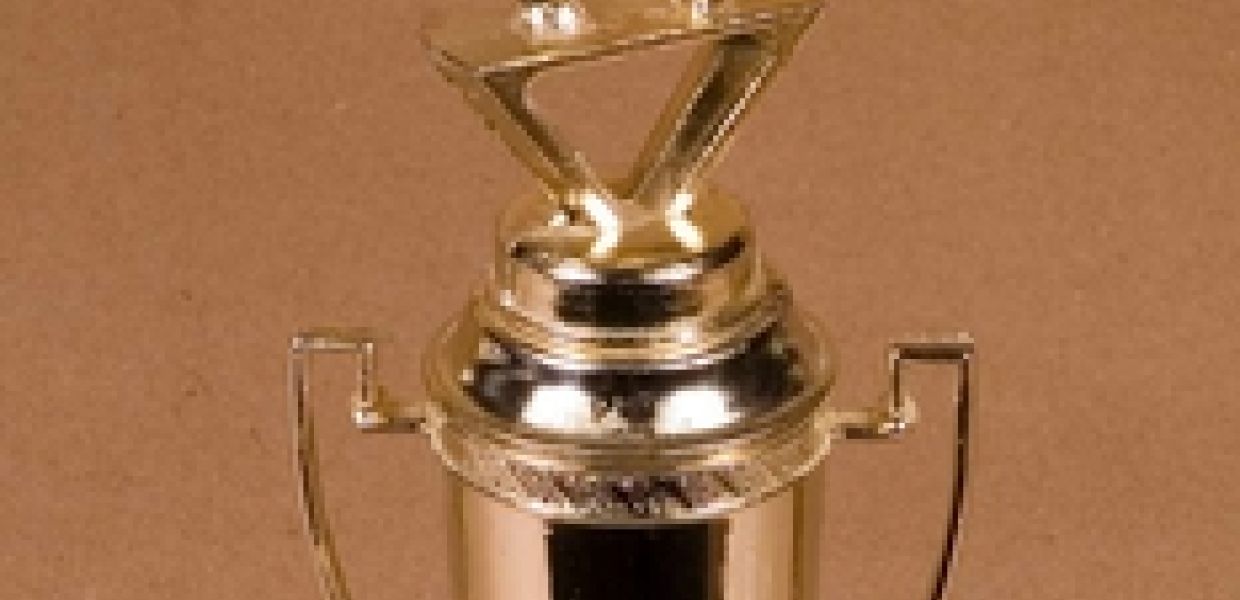Europeana Labs Challenge 2016: Winners announced!

In February, we launched the first in a series of online challenges to increase the innovative re-use of the digital cultural heritage available via Europeana. For this competition, we invited creative thinkers to submit their projects using cultural content on the themes of First World War, Art & Design and Europe's Music Heritage and had an allocated prize fund of 25 000 EUR to support the further development of the best ideas.
The challenge closed with more than 50 applications, some of which came from outside Europe. We evaluated each of them against the competition criteria and shortlisted 7 projects.
From there, we conducted personal interviews with each of candidates to discuss, in greater detail, their product concept and business model, as well as cost estimates and delivery timeframe. Faced with a range of strong ideas with enthusiastic teams behind them, we decided to extend the prize fund to 35 000 EUR and support the further development of the three projects below (the winners are presented in alphabetical order):
Europeana Art Stories (Prize of 10 000 EUR)
Innovative Italian start-up Art Stories develops educational apps for kids (aged 5-10 years) using cultural heritage material. So far, they have launched 5 applications with more than 40, 000 downloads worldwide and have won significant innovation awards in Italy such as TIM WCAP and Innovazione Culturale by Fondazione Cariplo.
Art Stories will develop an educational app (iOS and Android) that will introduce primary school children to European art using selected artworks from Europeana Collections, alongside animations, gamification, audio storytelling and various learning assignments (for example, a composition game or a drawing task).
The ‘artwork story’ and the associated assignments can also be downloaded, printed and used in museums. The app (both the iOS and the Android version) are expected to be available in Apple and Google Play stores in early July 2016.
CineMacina (Prize of 10 000 EUR)
CineMacina was submitted by the Institute for Artificial Art Amsterdam (IAAA), an independent organisation that has applied its vision of generative art and design to a wide range of artistic domains - from mechanical guitar installations to computer controlled facial expressions and random radio.
This project will be a collaboration between Luuk Bouwman, an experienced documentary maker, and Jos de Bruin, an experienced software developer and designer of algorithmic, generative art and design applications.
IAAA will develop an online service based on artificial intelligence that will allow automatic remixing and cinematic visualisation of First World War archival material. The system will act as automated filmmaker and deliver, in seconds, a movie based the keywords given by the user and its AI algorithms.
The service will offer history enthusiasts and students an immersive experience and trigger further exploration of Europeana Collections by giving access to the reference sources.
The IAAA team will deliver the online service prototype and two WW1 essay documentaries by early July 2016.
StoryPix (Prize of 15 000 EUR)
StoryPix is the brainchild of Paul Ruseler, an independent professional specialising in audio- and video storytelling. For his Europeana Challenge project, Paul will work together with Noterik, a Dutch company with over 10 years experience in video applications development.
The team will develop a web-based storytelling service for billboards. The displays will show an artwork from Europeana Collections with an odd question or stimulating remark. By connecting to the StoryPix website (no download required), the user can further interact with the artwork (listen to its story, play with the image, add it to their online collection, share it and potentially print on demand). The service will allow to create thematic storytelling routes in a specific area or a whole city.
The team will deliver the system prototype and one Europeana inspired storytelling installation by early July 2016.
We wish the winning projects lots of luck as they get stuck into bringing their ideas to life, and look forward to the exciting results. Keep an eye on Europeana Labs for the updates in early summer!
